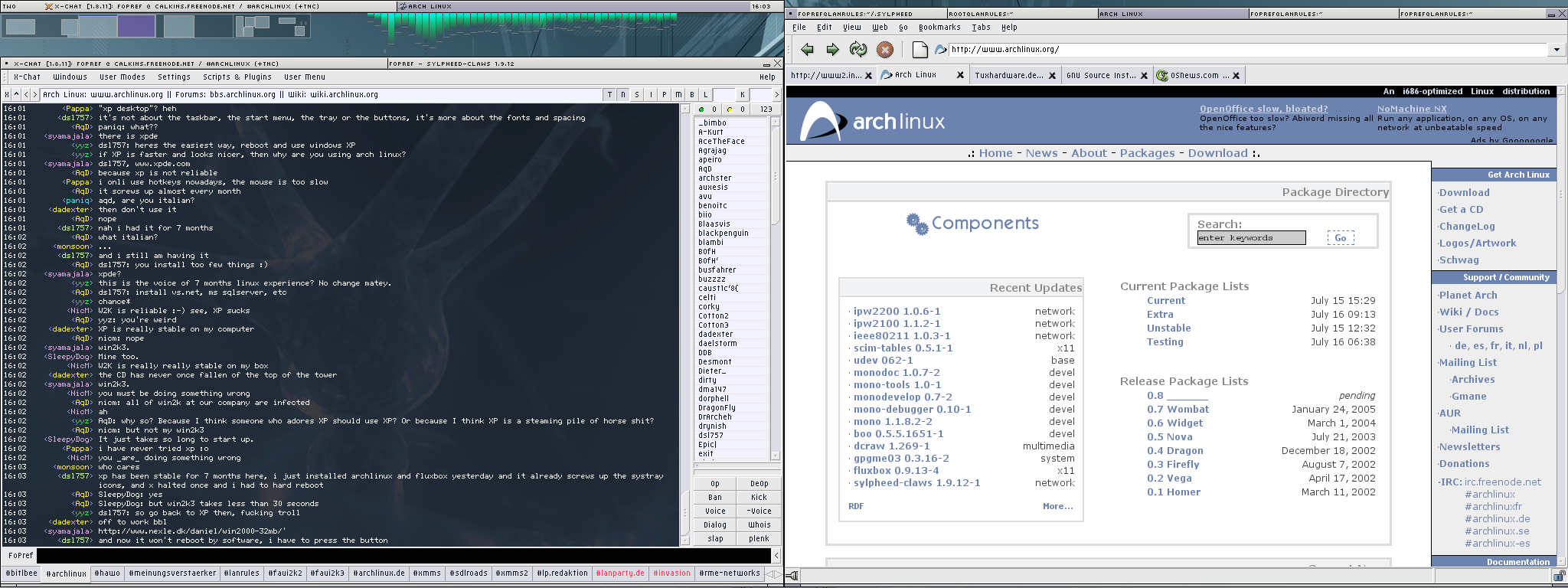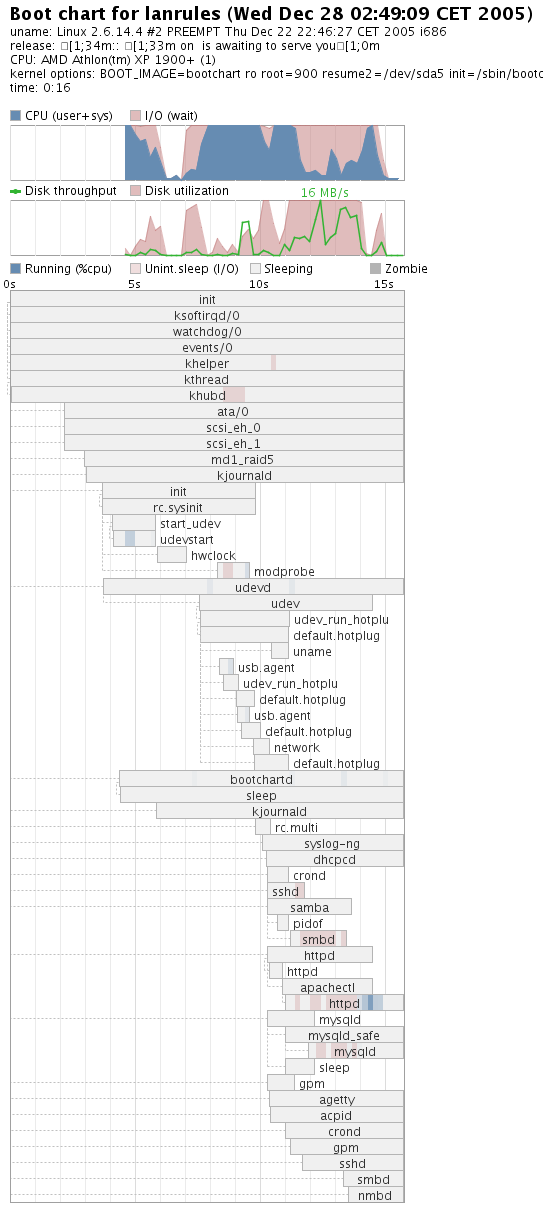Originally posted by skeevy420
View Post
I said, I never needed/had to reinstall (in the classic sense). Everything you mentioned is/was possible w/o reinstalling. I did it few times because I wanted to, and that was the only reason.






Comment